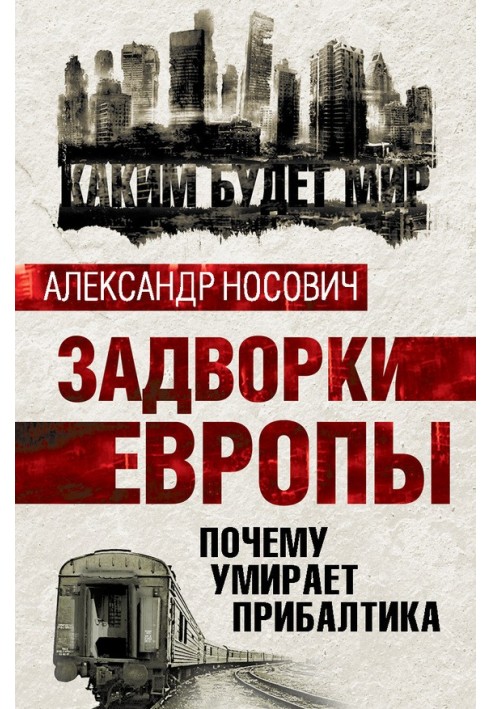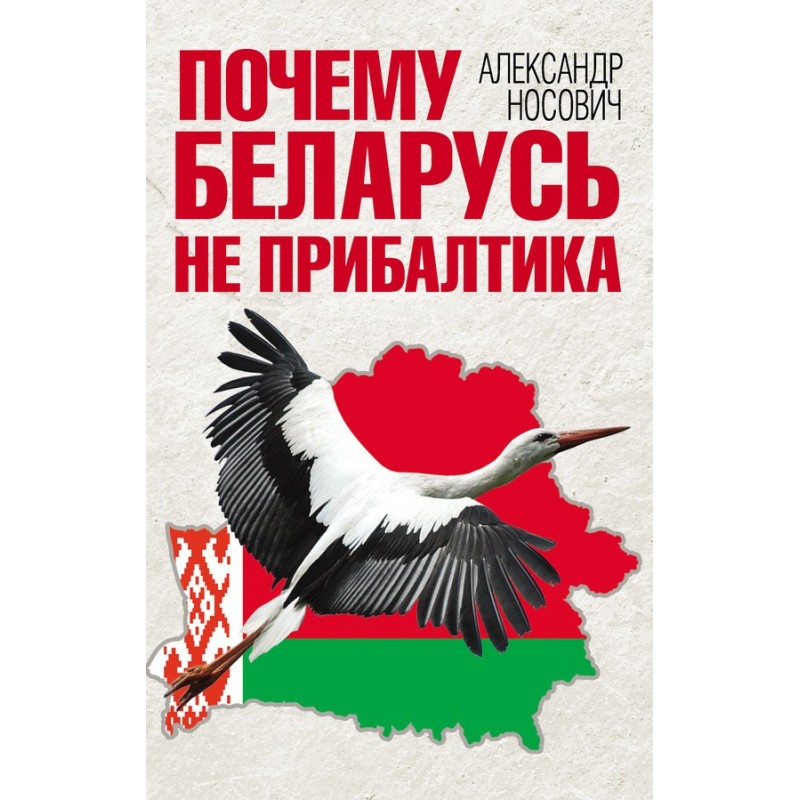The backyards of Europe. Why the Baltics are dying
 Instant download
Instant download
after payment (24/7)
 Wide range of formats
Wide range of formats
(for all gadgets)
 Full book
Full book
(including for Apple and Android)
“Once there was the Baltic States, it became Pro#altica,” is how residents of independent Lithuania, Latvia and Estonia describe the state of affairs in their countries a quarter of a century after the collapse of the USSR. The region that was considered the most advanced and successful in the Soviet Union has now become a double periphery. Russia no longer cares about the Baltic states - it is not a bridge that could connect the space between Vladivostok and Lisbon, but a geopolitical buffer. In turn, “big” Europe is not happy with “poor relatives” - the Baltic countries are treated as a remote, sparsely populated outskirts on the eastern border of the European Union with severely neglected internal problems and phobias. The Baltic states are the backwaters of Europe, an economic wasteland and the deep periphery of European history and politics. And this is what it became after decades of enhanced Euro-Atlantic integration. Once upon a time, residents of the Lithuanian, Latvian and Estonian SSR were promised that when they “returned” to Europe they would live like Finns or Swedes. Everything turned out wrong: the modern Baltic region is the fastest emptying region in the world. Every fifth resident emigrated from there, and the vast majority of young people dream of leaving. The salary level compared to similar indicators in Scandinavia is almost 5 times lower. At the current rate of economic degradation (and the largest enterprises, such as the Ignalina Nuclear Power Plant in Lithuania, were closed under the pretext of “fighting the damned legacy of the Soviet occupation”) and population decline (including the political squeezing out of the “descendants of the occupiers”) in a few decades the Baltic countries will turn into depopulated territories. There is no point in living there, and many people are no longer connecting their future with these countries. Lithuania, Latvia and Estonia, once considered the “Baltic Tigers”, are increasingly turning into “Baltic Ghosts”. The most popular Baltic joke: “The last one to fly, don’t forget to turn off the lights at the airport.”
Data sheet
- Name of the Author
- Александр Носович Александрович
- Language
- Russian
Reviews
Глибокий аналіз та критичний погляд на сучасну Прибалтику
Книга "Задвірки Європи. Чому вмирає Прибалтика" є вражаючим дослідженням соціально-економічних та політичних трансформацій, які відбулися в регіоні після розпаду СРСР. Автор майстерно описує, як країни, які колись вважалися найуспішнішими в Радянському Союзі, перетворилися на периферію Європи, і чому це сталося. Через глибокий аналіз демографічних змін, економічної деградації та політичних викликів, читач отримує чітке уявлення про реальність, з якою стикаються Литва, Латвія та Естонія. Особливо вражає статистика еміграції молоді та зниження рівня життя, що змушує задуматися про майбутнє цих країн. Книга не лише інформує, але й спонукає до роздумів про ідентичність, національну гордість та соціальну відповідальність. Це обов'язкове читання для всіх, хто цікавиться сучасною історією Європи та її викликами. Рекомендую всім, хто хоче зрозуміти, чому Прибалтика опинилася в такій складній ситуації і які уроки можна з цього винести.















